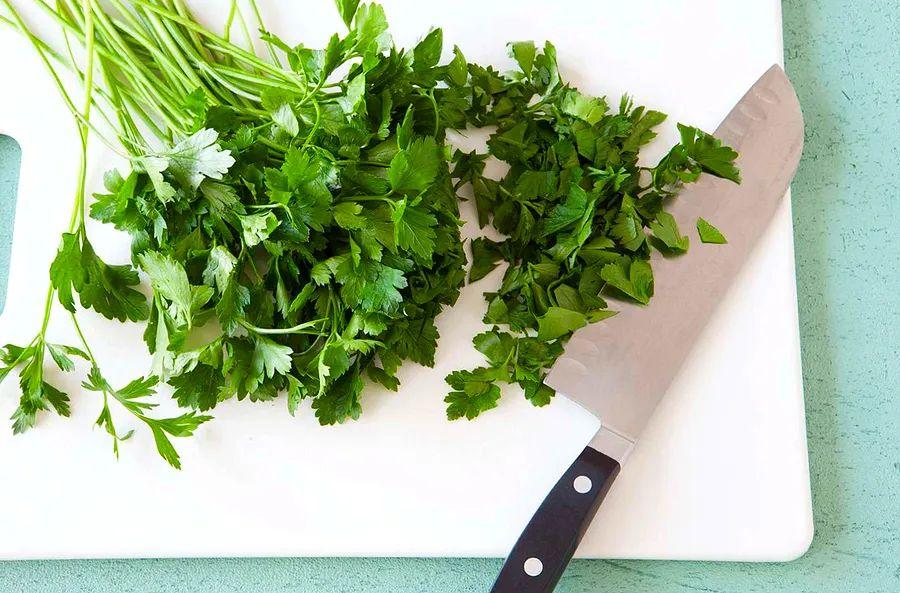Why does cilantro taste like soap to some people?

Cilantro is a key ingredient in many dishes, cherished by culinary traditions around the world. However, its taste has sparked much debate and controversy.
For some, cilantro offers a fresh, zesty flavor. For others, it's an overpowering soapy taste that ruins any dish.
Researchers have discovered that there's a scientific reason behind why cilantro tastes like soap to some people, and it's not just a matter of personal preference.
What Exactly Is Cilantro?
Cilantro is an herb derived from the fresh leaves of the coriander plant, which belongs to the parsley family. This means cilantro shares relatives with parsley, dill, fennel, and cumin. It is also known as Chinese parsley or Mexican parsley, commonly used in Mexican, Middle Eastern, Indian, and Asian cuisines.
Many cilantro skeptics claim the herb tastes soapy, a sensation experienced by about 4 to 14 percent of the population — including famous chefs like Julia Child and Ina Garten. Scientists have been investigating the reasons behind this dislike, and while they have uncovered some explanations, the full answer may not yet be clear.
Why Cilantro Tastes Like Soap
Researchers from the genetics company 23andMe conducted a survey of 30,000 people to learn their opinions on cilantro and its taste. They discovered that those who found cilantro soapy shared a common gene cluster, OR6A2, which is sensitive to aldehyde chemicals. These aldehydes are present in cilantro and also used in soap production.
While the OR6A2 gene may be the primary reason cilantro tastes like soap to some, there are at least three other genes that could contribute. One affects smell receptors, and the other two influence the perception of bitterness, meaning other genetic factors could also be at play in cilantro aversions.
Research has shown that this genetic trait differs across regions. Interestingly, areas where cilantro is widely consumed, such as Central America and India, tend to have fewer individuals with these genes.
However, the 23andMe study also explored whether the gene that causes the soapy taste is hereditary, and found that it isn't. This leaves the question unanswered as to why cilantro-heavy regions have fewer people who dislike the herb.
Some studies suggest that repeated exposure to cilantro, especially when crushed or chopped, may help people overcome their aversion to it. However, many still opt for parsley as a substitute to avoid the soapy flavor entirely.
Evaluation :
5/5



